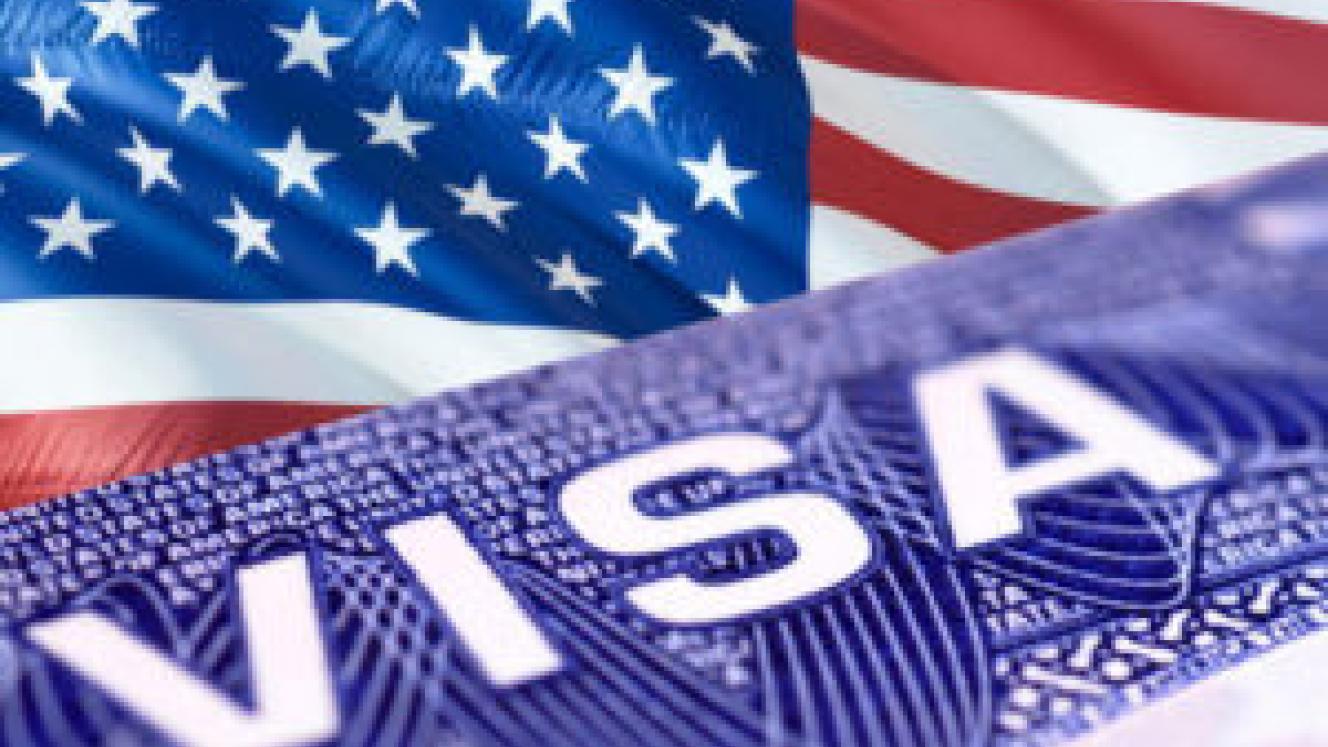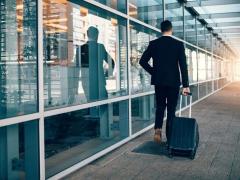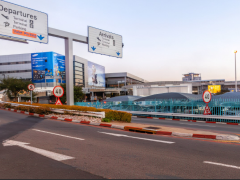The US Department of State has updated its visa interview process for all non-immigrant visa applicants, effective immediately. Applicants must now schedule their in-person interviews at the US Embassy or Consulate in their country of nationality or in their country of residence if they can provide proof of residency.
The change adds complexity for South Africans and other foreign passport holders, who will no longer be able to apply in other countries without proof of residency, and may have to return to their home country to complete the process. Nationals of countries without US representation must apply at a designated embassy or consulate.
Travel complications
The rule may complicate travel for global companies with US headquarters, remote workers, conference delegates and business travellers needing visas quickly, says Za Nkosi, Operations Manager FCM. “This could impact company travel programmes, especially those with globally mobile teams or remote workers. Businesses that rely on flexibility and agility in their programmes may face delays, especially when dealing with big teams or complicated projects. It’s going to add time, admin and a layer of complexity for companies who have employees spread across the world.”
How this plays out, remains to be seen. “For example, will designated visa centres have sufficient appointments and resources to cope with the influx of travellers? Travelling to your home country is not always on the itinerary or even logistically possible,” says Nkosi.
Travel managers will need to stay on top of the regulations, educate their employees, track wait times and factor in delays until the situation is clearer, Nkosi says.
An overburdened system
The new policy is expected to add pressure to an already overburdened US visa system. “The process has already been under strain due to centralised processing centres. Previously, urgent travellers could apply at any centre to access the US. With a stricter appointment system, travel will likely decrease or applications may be submitted without a clear plan, placing additional burdens on both consuls and travellers,” says Candice Magen, Founder and Director of Abroadscope, an immigration and visa services specialist.
A step backwards?
Most countries are going digital with their visas and entry, and this is a step backward, says Magen. “We are surprised with the need for consulates to see applicants in their country of origin. This will exclude nationals, perpetuate biased processing and create room for fictitious travel arrangements, watering down the reliability of the applicant by default.”













